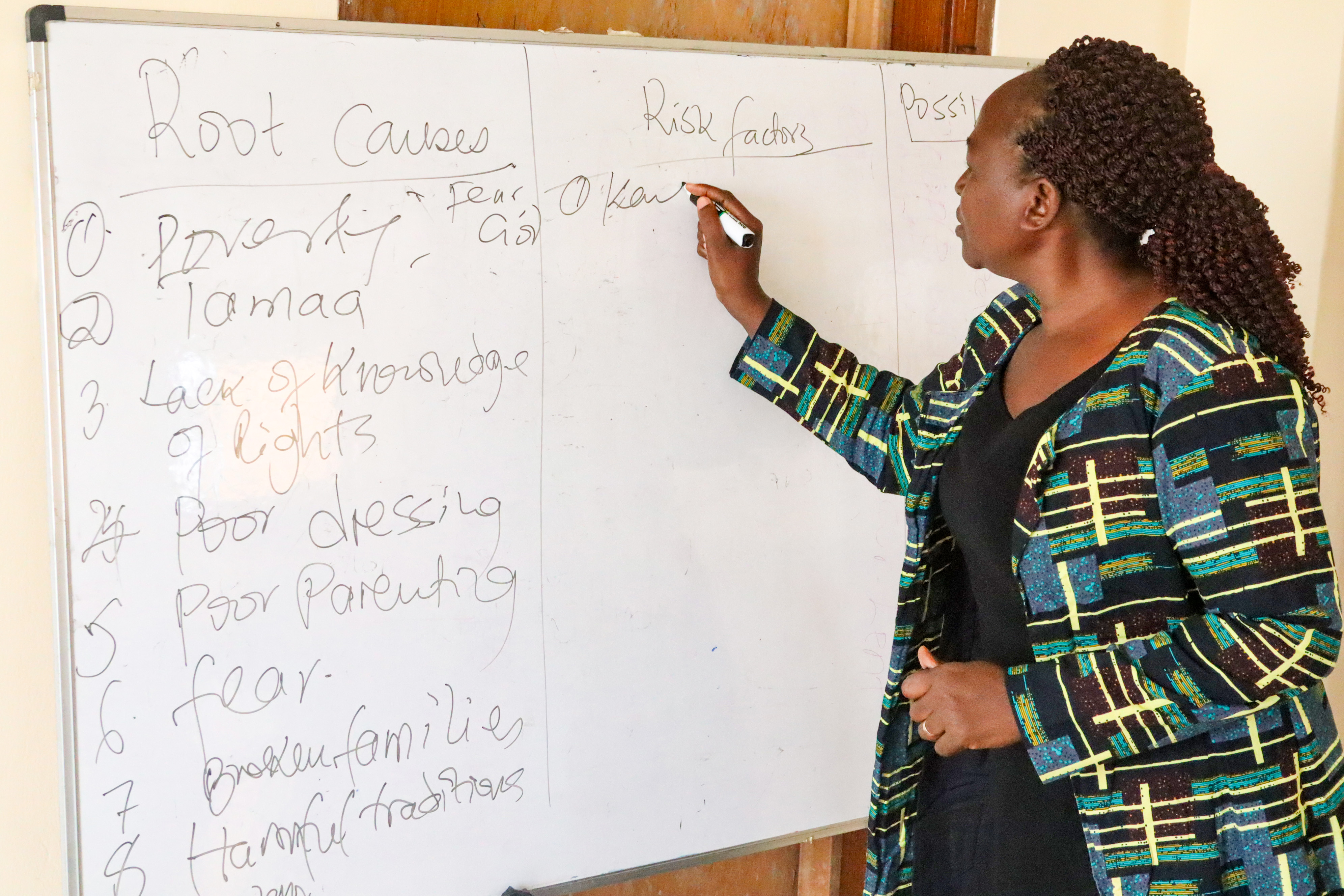
Creating Resilient Families and Communities Through Empowering Church Leaders, Women and Girls on Interfaith Marriages
- By PROCMURA
- Events
- Hits: 920
In many African communities, interfaith marriages are a lived reality and present unique social and emotional challenges. Women in these unions, more often than not, face heightened pressure, from reconciling divergent religious traditions to managing family expectations and navigating gender roles primarily shaped by different faith and cultural systems within their setups. Though these challenges are a lived reality and widespread across the continent, they are rarely openly discussed in ways that empower women in such unions to live their lives fully and manoeuvre the complexities that come with interfaith marriages. It also goes unmentioned that despite their resilience, many women lack safe, informed spaces to explore these realities and share their experiences and possible solutions to those facing challenges.
PROCMURA’s intervention, under the Church and Education programme, in enhancing the capacity of not only women on interfaith marriage but also church leaders and girls to understand the complexities of interfaith marriages responds directly to this gap. PROCMURA recently held a two-day Capacity Building Workshop for Women on Interfaith Marriage in Mombasa, Kenya, as part of its ongoing commitment to educating and empowering church leaders and women on the sensitive matter of interfaith marriage to help address the real-life challenges women in interfaith marriages, families and communities that look up to them.
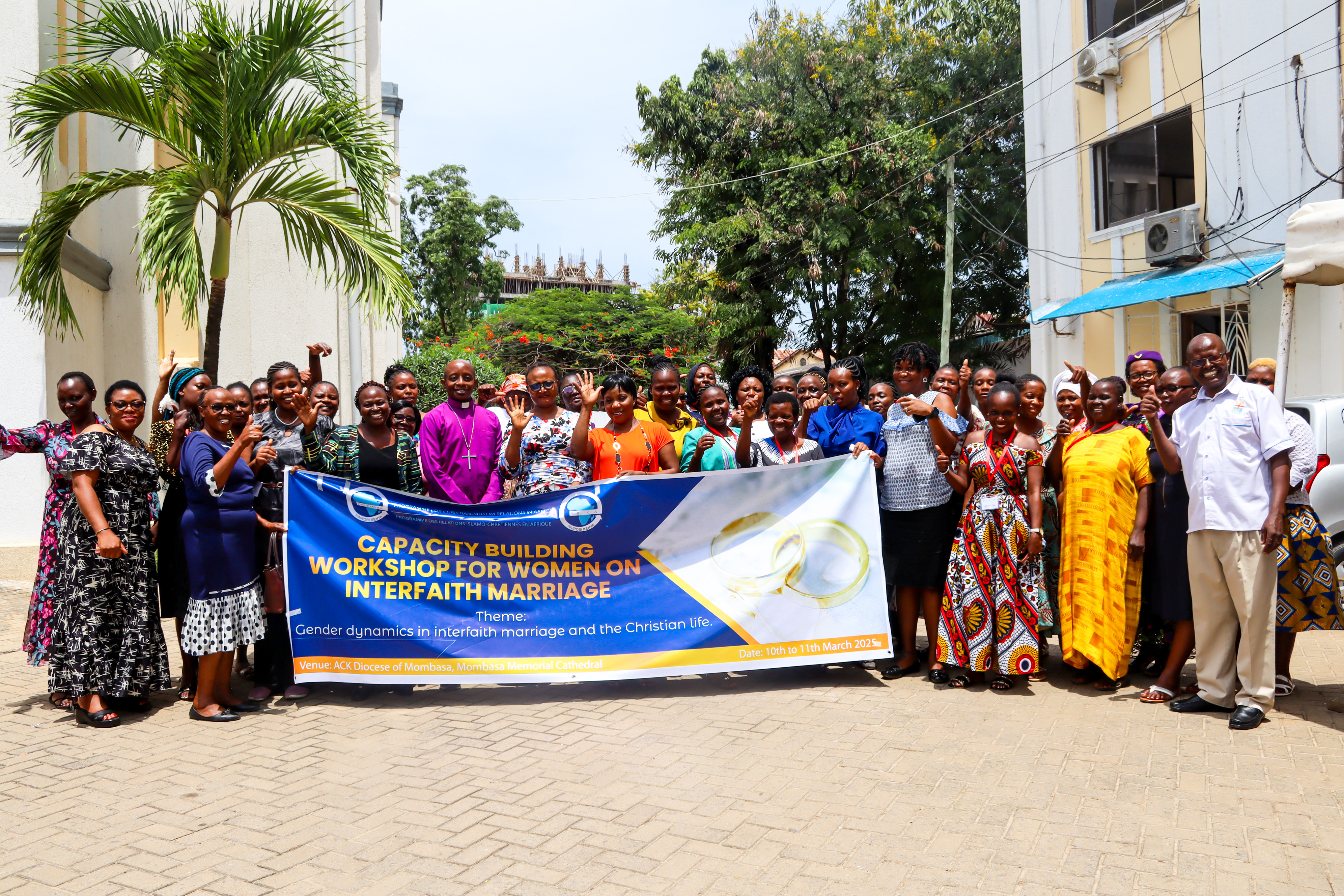
While officially opening the dynamic and interactive workshop designed to encourage active participation and deep reflections, Rev. Mrs Martha Mwaro, the Mothers’ Union and All Women President at the ACK Diocese of Mombasa commended PROCMURA for being bold in addressing some of the things that are mostly talked about in hush-tones in religious circles such as the subject of interfaith marriages.
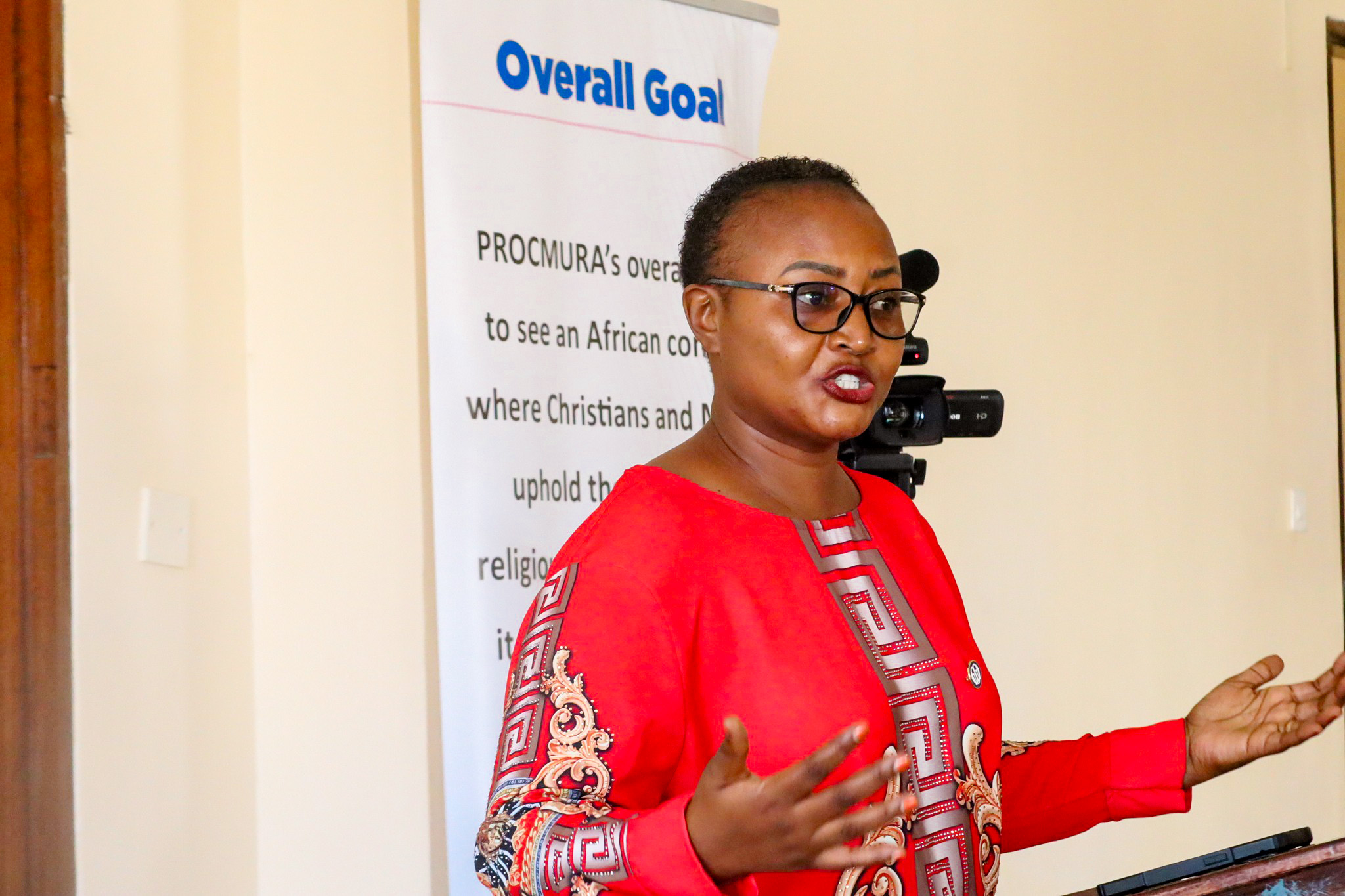
The discussions centred on key issues such as faith identity, gender roles, managing family expectations, and creating peaceful, respectful relationships across religious divides.
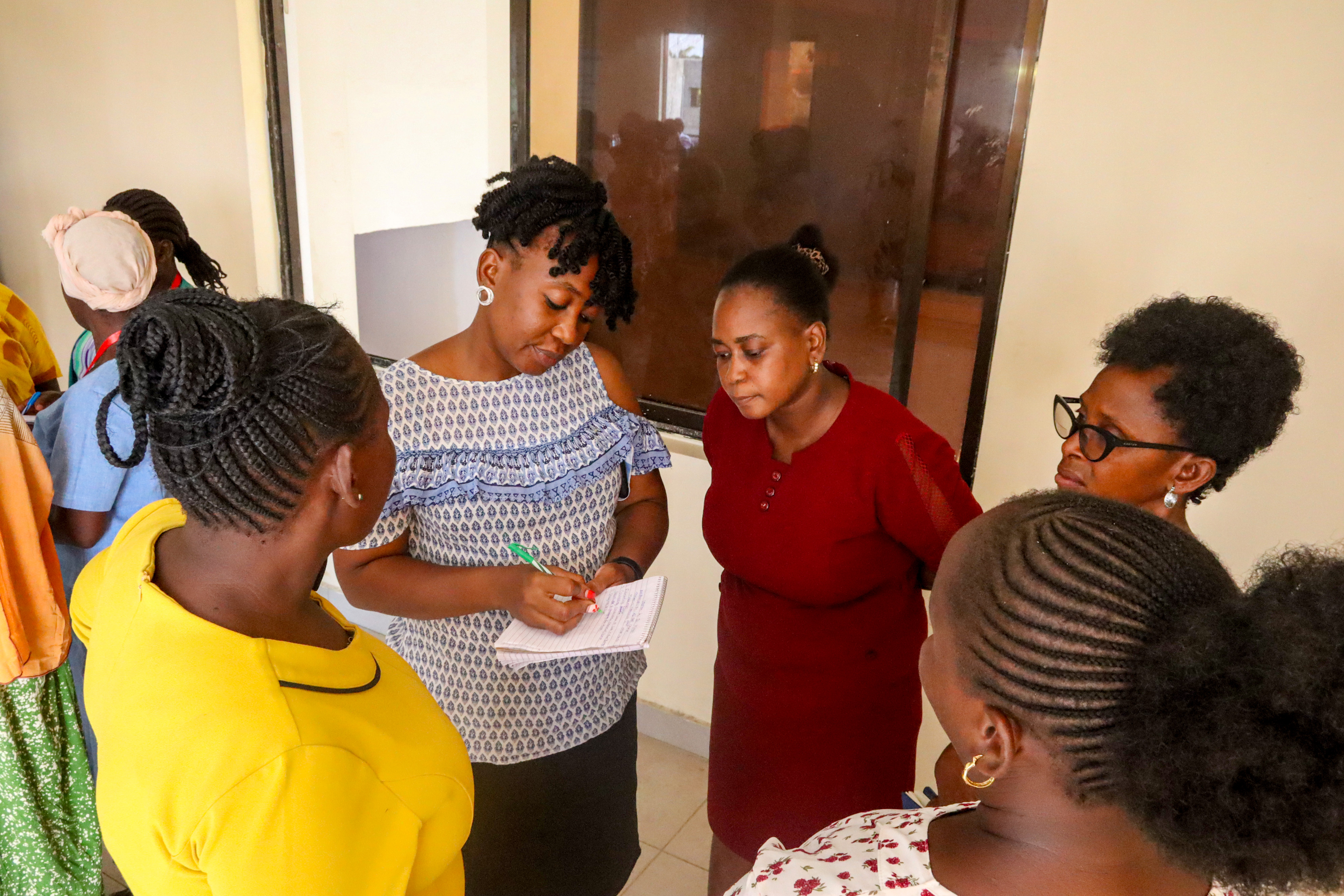
In her opening remarks, Ms Joy Wandabwa, the Team Leader of PROCMURA, reiterated that PROCMURA’s approach is deliberately grassroots and people-centred and focuses on creating safe spaces where women can speak openly, learn from one another, and forge connections that empower them to lead fulfilling lives within their marriages. This strategy ensures that women are not just passive recipients of knowledge but active agents of change in their lives and communities.
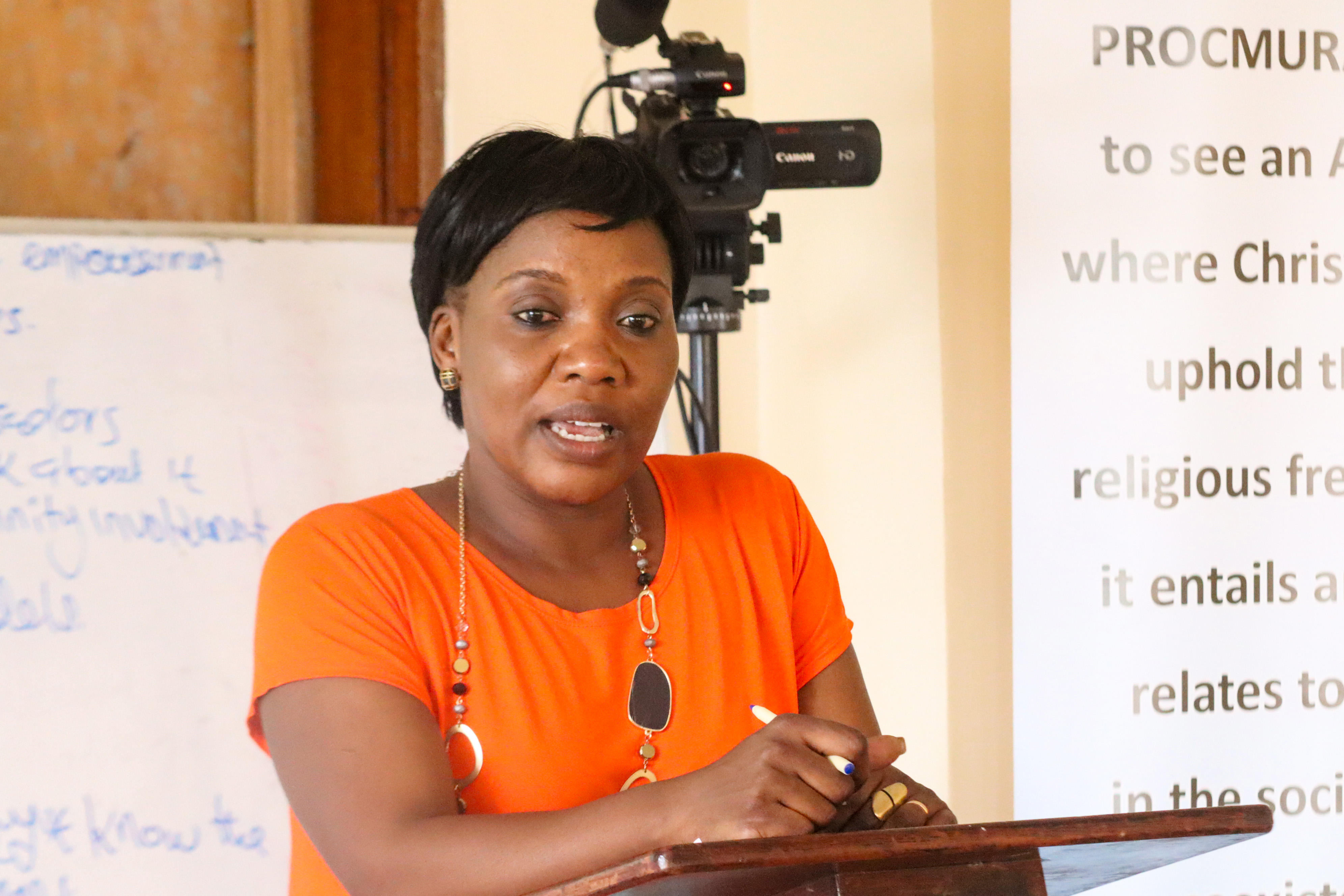
By prioritising local voices, PROCMURA ensures that the issues discussed are rooted in women's real experiences and fully contextualised to develop a support system for as many women as possible.
The emphasis on creating an inclusive environment for women to speak, learn, and share reflects PROCMURA’s broader commitment to community-based approaches that promote mutual and constructive Christian-Muslim relations and gender equality.
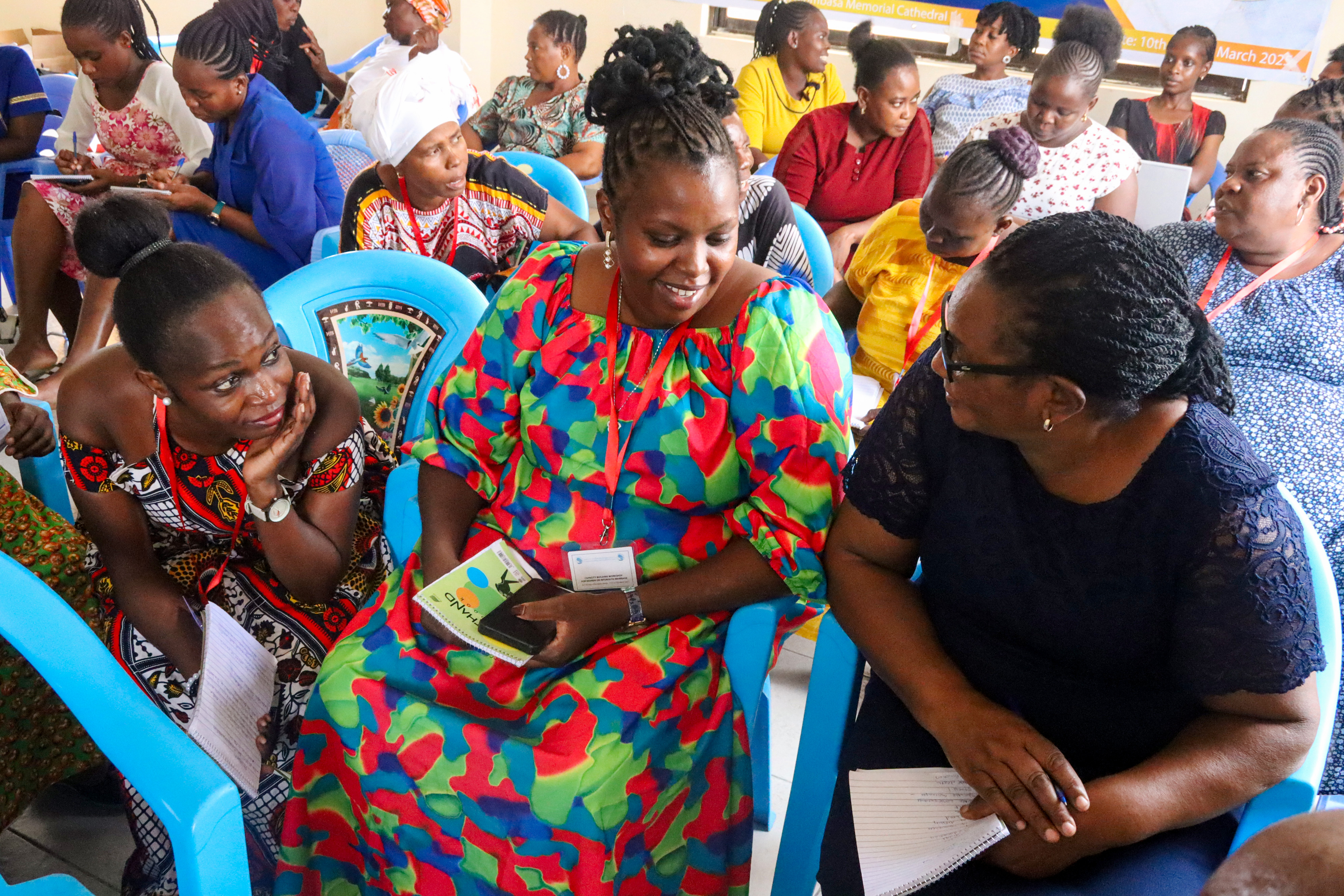
“The workshop created a perfect platform for the women, some who are still in interfaith marriages, some who left the unions owing to challenges here and there, and the present church leaders to come up with an action plan to, among other things, reach out to other women who are still in interfaith marriages and those whose such unions did not work and might need support,” Rev. Dr. Salli Effungani, the Programme Officer of PROCMURA noted in an interview with the PROCMURA Media team.
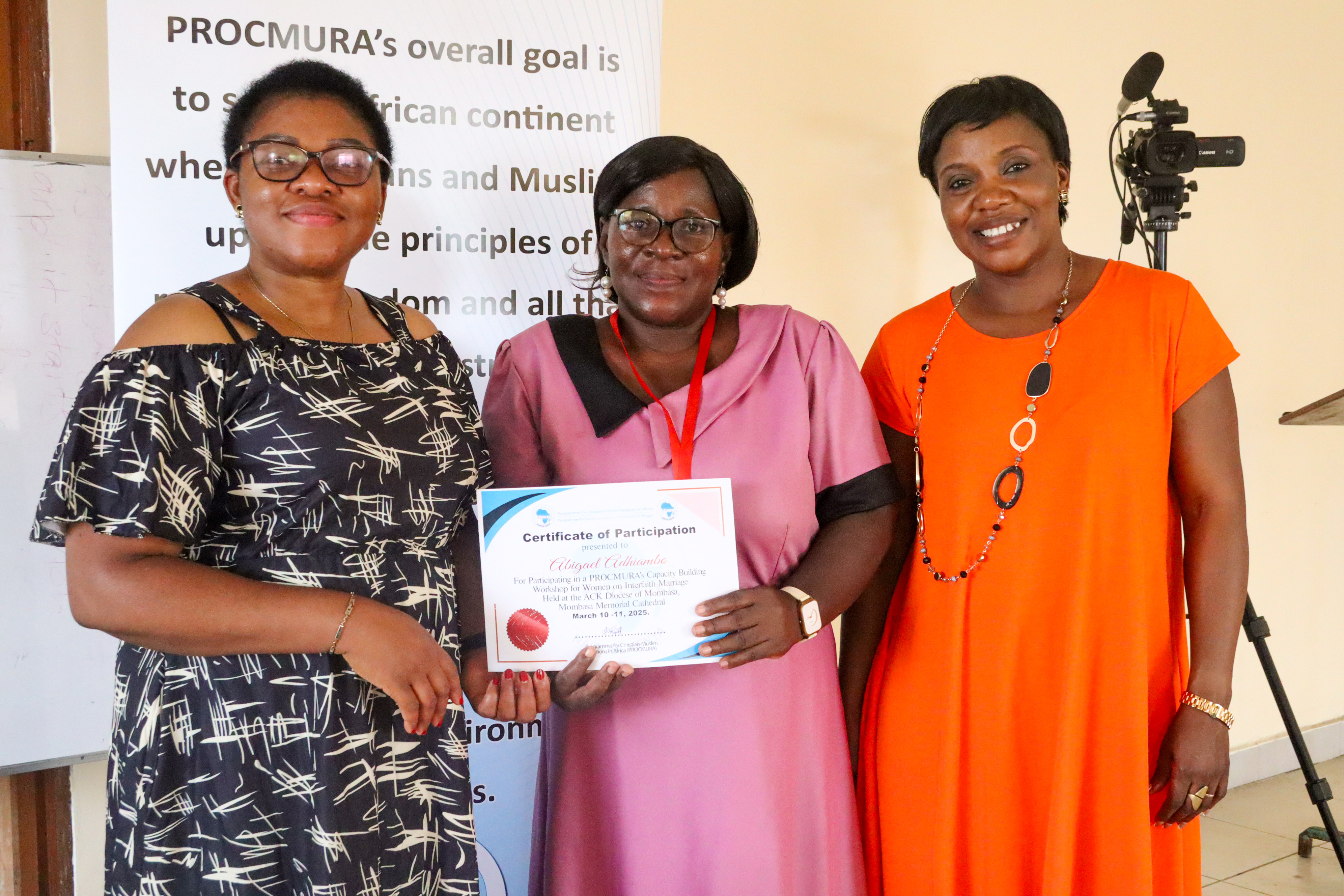
“This is a wake-up call to the Church in Africa that we have women in such marriages who continue to feel discriminated against by the church because of their unions. Let us not avoid these conversations, but instead listen to them and empower them and the girls to make decisive and informed decisions regarding interfaith marriages,” Rev. Dr. Effungani added. Feedback from participants was overwhelmingly positive. Many observed that, for the first time, they felt seen, heard, and supported in their journeys through interfaith marriage.
"This workshop empowered me with the kind and amount of knowledge that I didn’t have and reminded me that I’m not alone,” shared one participant.
Others noted the value of being in a safe space where they freely shared and learned, allowing for deep, transformative insights that will, undoubtedly, go beyond the two-day sessions. At the end of the day, the women could connect the dots between the dynamics of interfaith marriage and matters of faith and how such unions play a critical role in their lives, especially in their freedom to practice their faith of choice.
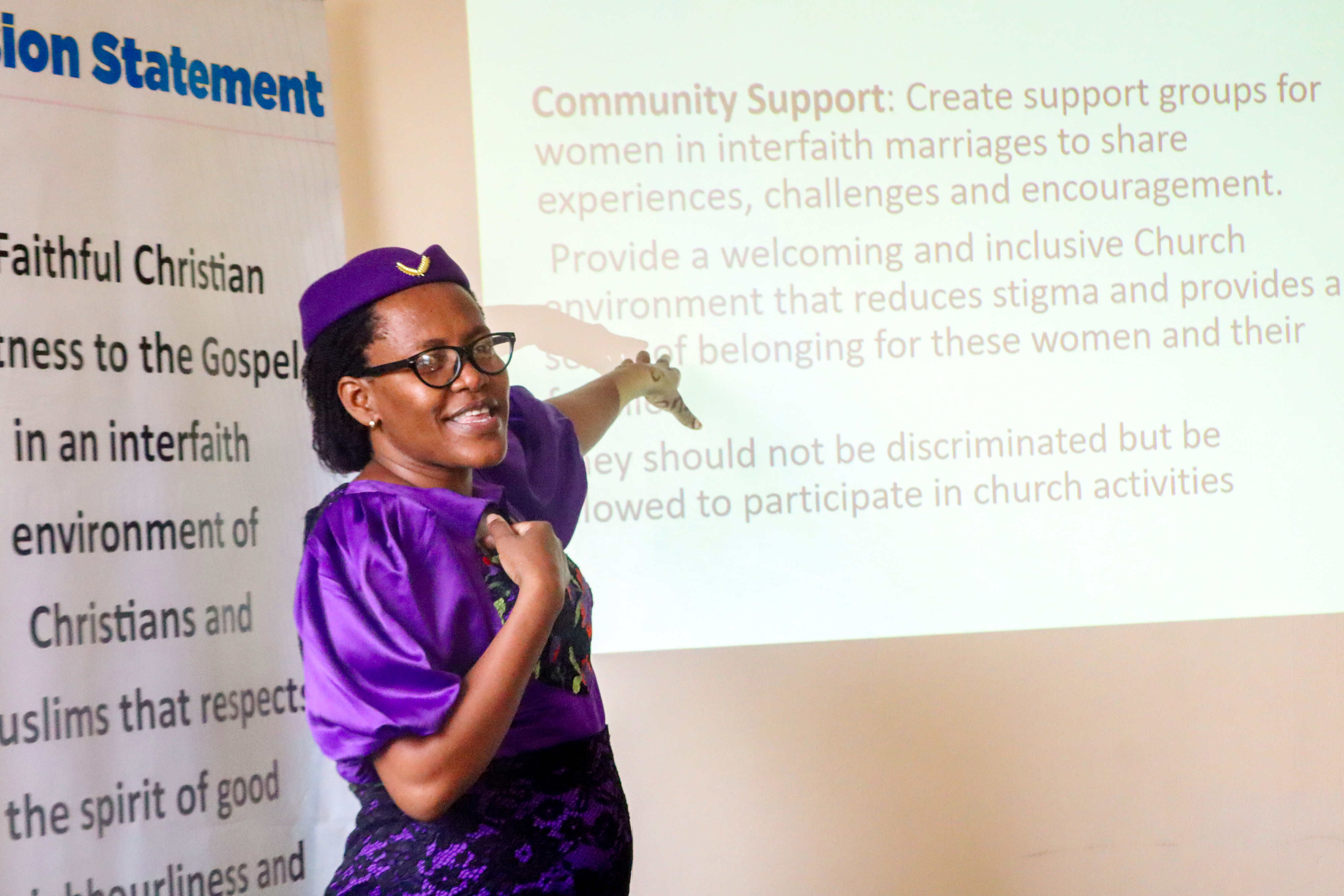
As one of the various action points that stood out from the event, the women and church leaders unanimously agreed to form a community of support groups that would provide women in interfaith marriages or were once in that environment with a save haven to continuously share their experiences and encouragement and, at the same time, help the church in creating environments that are welcoming and inclusive to reduce stigma related to interfaith marriages.
In addressing complex issues like the point where faith intersects deeply with family and social dynamics in practical, locally grounded ways, PROCMURA is building resilient families and more inclusive communities where faith is not seen as a divisive factor but as something that should, instead, unite people.

